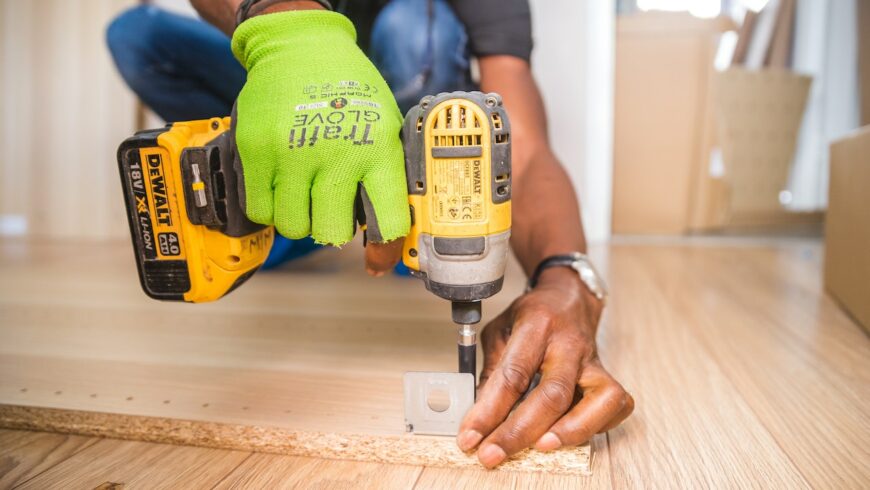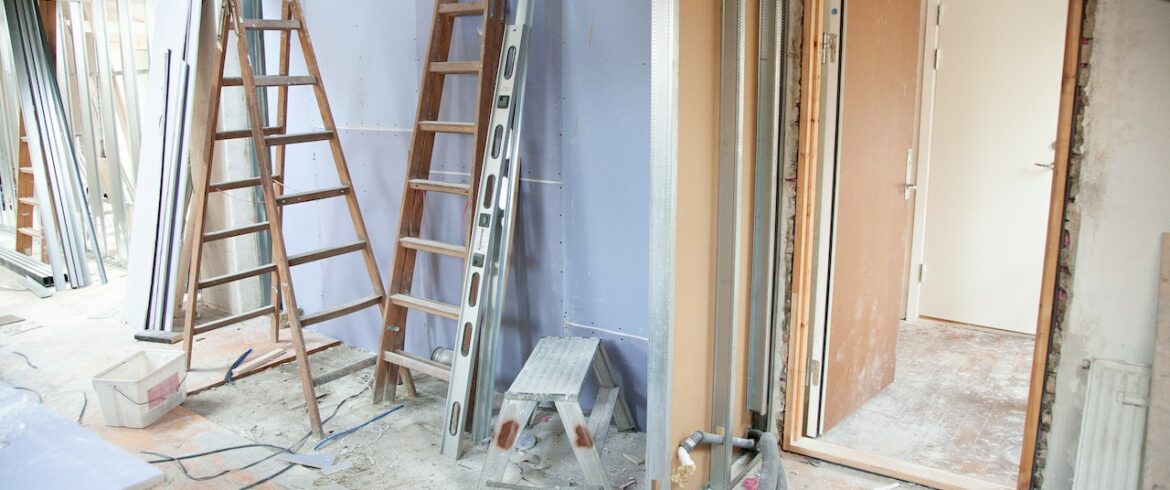Welcome to a transformative journey towards sustainable living! Planning a zero-waste home renovation is not just about creating a more beautiful and functional living space. It’s a commitment to a greener, more eco-conscious lifestyle. This type of renovation is the epitome of responsible living in a world increasingly focused on sustainability. But what exactly does it mean? Specifically, it aims to conserve resources and reduce environmental impact throughout remodeling. This approach benefits the planet and your wallet in the long run. Let’s dive into the intricacies of how to plan a zero-waste home renovation and discover the exciting possibilities it offers for a more sustainable future.
Assess Your Renovation Needs
Begin your zero-waste home renovation by assessing your specific renovation needs. Take a critical look at your home and identify areas that genuinely require improvement. Prioritizing projects based on both necessity and their potential sustainability impact is key. Consider which upgrades will have the most significant positive effect on your daily life while aligning with your goals. By focusing on these essential areas, you can ensure that your renovation efforts are environmentally responsible and enhance your home’s functionality and overall quality of life. This strategic approach helps you optimize resources and minimize waste, making every renovation step purposeful and eco-friendly.
Plan a Zero-Waste Home Renovation: Set Clear Sustainability Goals
Establishing clear goals is a pivotal step when you plan a zero-waste home renovation. Begin by defining concrete and achievable zero-waste objectives tailored to your project. These objectives should encompass various aspects of sustainability, including energy efficiency, material choices, and waste reduction. Prioritize reducing energy consumption through upgrades like improved insulation and energy-efficient appliances. Delve into specific material choices, such as opting for recycled or reclaimed materials, which can significantly reduce your environmental footprint. Lastly, consider waste reduction strategies throughout the renovation, emphasizing repurposing and responsible disposal. That ensures that your renovation minimizes environmental impact while delivering a more eco-conscious living space.

Research Sustainable Materials
Dive into the world of eco-friendly building materials and finishes to make informed choices that align with your sustainability goals. Explore options that prioritize recycling, upcycling, or reclamation, as these methods reduce the demand for new resources and minimize waste. Consider materials like reclaimed wood for flooring, recycled glass countertops, or low VOC (volatile organic compound) paints that emit fewer harmful chemicals. By incorporating these eco-conscious materials into your renovation, you contribute to a healthier environment and create a unique and sustainable living space that reflects your commitment to responsible design.
Create a Budget

Begin by carefully estimating the costs associated with sustainable materials and skilled labor. While eco-friendly materials may sometimes have a higher upfront cost, it’s essential to factor in their long-term benefits. Consider the substantial savings achieved through energy-efficient choices, such as installing energy-efficient appliances, improved insulation, and LED lighting. These investments will translate into lower utility bills, making your renovation an economically sound decision. A well-thought-out budget ensures you can execute your eco-conscious renovation while keeping your financial goals intact.
Hire Eco-Conscious Professionals
Enlist the services of professionals who understand the nuances of this kind of construction. Seek contractors and builders with a track record in environmentally responsible building practices. Verify their certifications in green building standards, such as LEED (Leadership in Energy and Environmental Design) or similar programs. Furthermore, examining their portfolio of previous green projects can provide valuable insights into their expertise. Choosing experienced professionals is instrumental in successfully executing your renovation, aligning with your vision and goals.

Develop a Waste Management Plan
Start by detailing strategies to minimize construction waste by implementing efficient work practices and careful material handling. That includes accurate measurements and careful planning to avoid over-purchasing materials. Additionally, emphasize recycling by setting up designated recycling stations on-site, ensuring that recyclable materials are properly sorted and disposed of following local regulations. Repurposing and donating salvageable items such as fixtures, cabinets, or doors can significantly reduce waste. By conscientiously integrating these waste reduction strategies, you contribute positively to your community by supporting donation initiatives.
Embrace Natural Lighting
Natural light not only enhances the aesthetics of a space but also plays a pivotal role in reducing energy consumption. When planning your renovation, prioritize strategies to maximize sunlight. Consider installing larger windows, skylights, or light tunnels to bring more daylight into your home. Opt for lighter paint colors and reflective surfaces to effectively bounce and distribute natural light. By harnessing the power of sunlight, you can reduce the need for artificial lighting, lower electricity bills, and create a more inviting living environment in harmony with the surrounding natural elements.
Incorporate Water-Saving Features
Incorporating water-saving features into your home renovation is vital in promoting sustainability. Start by installing low-flow fixtures like faucets, showerheads, and toilets, significantly reducing water consumption while maintaining functionality. Additionally, consider rainwater harvesting systems that collect and store rainwater for various non-potable uses, such as landscape irrigation and flushing toilets. These systems conserve precious freshwater resources and lower your utility bills. When selecting appliances for your renovation, opt for water-efficient models, like ENERGY STAR-rated dishwashers and washing machines. They not only consume less water but also contribute to energy savings. By embracing these water-saving measures, your renovation becomes a testament to responsible water usage.
Optimize Indoor Air Quality
Prioritizing indoor air quality is a fundamental aspect of any eco-conscious home renovation. To achieve this, opt for non-toxic paints and finishes that emit minimal volatile organic compounds (VOCs). These low-VOC products improve air quality by reducing harmful off-gassing, creating a healthier living environment for your family. Additionally, consider investing in air purification systems and adequate ventilation solutions. High-efficiency air purifiers can help remove pollutants and allergens from the air. At the same time, proper ventilation, such as energy-recovery ventilation systems, ensures a steady flow of fresh outdoor air into your home. These measures enhance the health and comfort of your living space and align with the principles of responsible home improvement.
Conclusion
To successfully plan a zero-waste home renovation, assess your renovation needs, set clear goals, and research sustainable materials. Establish a budget, hire eco-conscious professionals, and develop a waste management plan. Prioritize energy efficiency, maximize natural lighting, and incorporate water-saving features. Don’t forget to optimize indoor air quality. By following these steps, you create a more environmentally responsible and efficient home and contribute to a better future for generations to come.

Author’s Bio: Kelly Wilks is an environmentally conscious writer and advocate for sustainable living. With a passion for eco-friendly practices and a deep commitment to a greener future, Kelly combines her love for writing with her expertise in sustainability. She draws inspiration from her experiences at U. Santini Moving and Storage, where she’s witnessed firsthand the importance of responsible home renovation. Through her work, Kelly aims to empower individuals with the knowledge and tools needed to embark on journeys such as planning a zero-waste home renovation that benefits both their homes and the planet.
Cover image: Photo by Rene Asmussen via Pexels.com




